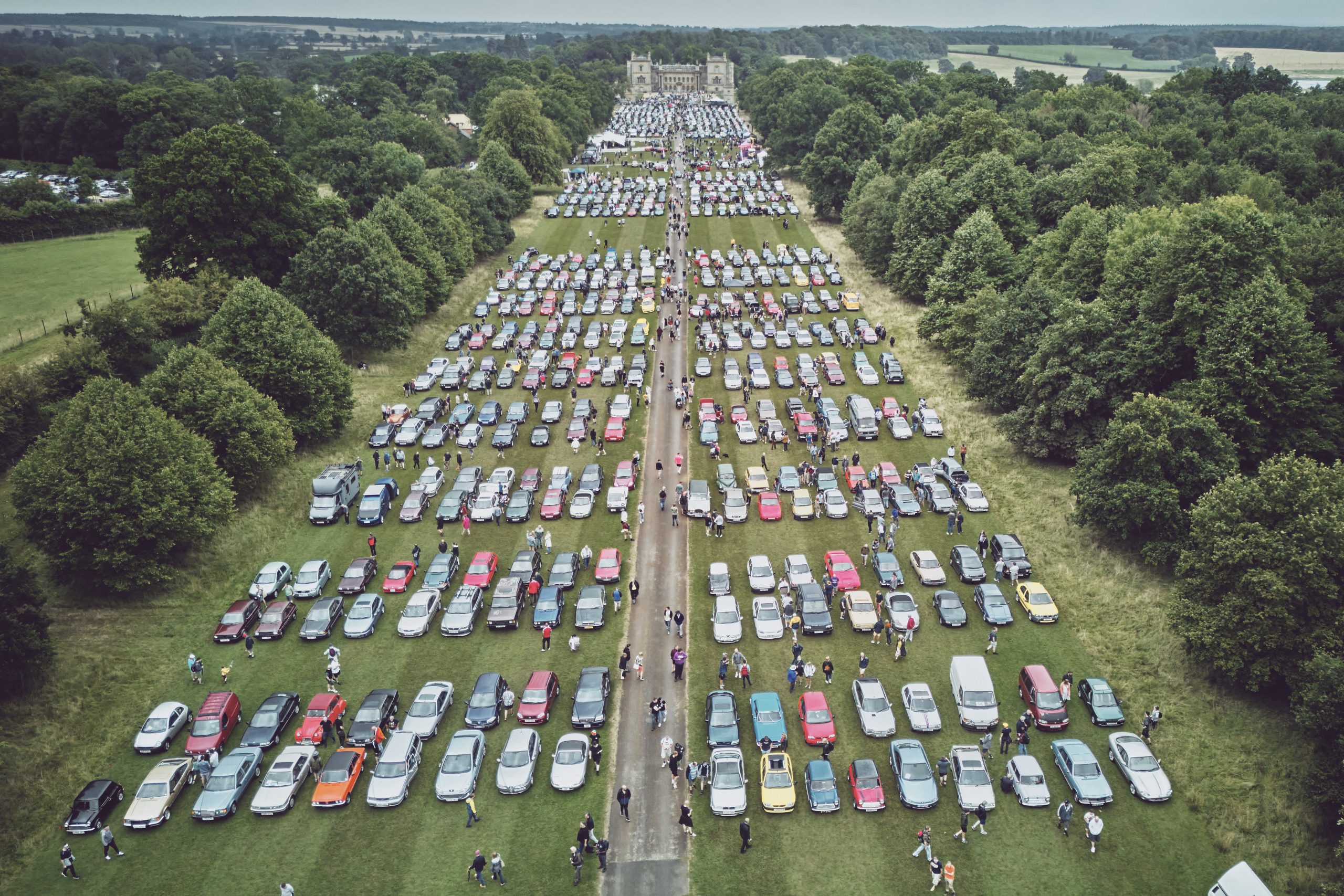The European Union has stepped back from its plan to ban all combustion-engined cars from 2035, under pressure from Germany and Italy.
A new agreement will see the creation of a class of cars that can only run on carbon-neutral e-fuels after the Germans dug their heels in. It’s the second time that the EU has had to backtrack on its ambition to axe all ICE vehicles, having previously agreed to an exemption for low-volume car makers. That ruling permits brands which manufacture less than 1,000 cars a year to continue to be powered by petroleum products.

Under the latest proposal, which will be voted on today, new combustion-powered cars would have to run only on synthetic fuels which use carbon extracted from the atmosphere and hydrogen to ensure they have a net zero carbon footprint.
New ICE cars would have to be engineered to run on this fuel and not regular petrol or diesel, or even biofuel which is made from crops that could otherwise be used for food. Exactly how this will be managed is not yet clear, but it could perhaps be controlled by a fuel filler that only accepts an e-fuel pump nozzle.
Although there are still problems to overcome the move was welcomed by car makers. Ferrari CEO Benedetto Vigna said: “On top of electric cars, we’ll also be able to go on with our internal combustion engine ones.” Porsche sustainability expert Karl Dums added: “We believe that with e-fuels, we have blazed a technological trail that offers added value to the cause of sustainability around the world.”
Porsche has been advocating for e-fuels for some time and has begun manufacturing in South America, while in the UK companies such as Zero Petroleum set up by Adrian Newey are also beginning production.
On the subject of the UK there is no word on whether this country will follow Europe. In 2020 the Government stated that petrol and diesel vehicles would be phased out in 2030 and that by 2035 all cars and vans would have to be “fully zero emission at the tailpipe” effectively killing hybrids as well.
Although e-fuels are carbon-neutral they do still produce emissions at a local level which could be a sticking point as local governments focus on clean air policies to improve the air quality in cities.
Read more
Inside Porsche’s sustainable e-fuel refinery
First drive: This Jaguar E-type is running on sustainable fuel – how soon before your classic is too?
Mazda MX-5 does road trip and hot laps on eco-fuel










Could this be a turning point for the future of ICE cars!? Looking forward to more on this
For low volume performance ones maybe.
ICE for cars needs to go.
What a relief.
I feel the EU would only have reached the decision if they were convinced it was a reasonable thing to do based on strong evidence.
Electric cars will never in my view, or at least in my lifetime be the answer we are all craving.
And just keep on creating them in the miss guided judgement that they are the replacement we are after is not saving the planet.
Electric cars will have a place in our world, but they really are not what we need to be replacing our ICE vehicles with. And certainly not if you are a family man on a budget.
This is excellent news and will encourage investment in the manufacture of synthetic fuels. The UK must now follow suit.
Was never going to happen. We cannot even think about creating enough electricity, in order to eradicate ICE as a power source in the UK, by 2030.
Pipe dreamers have awoken in the EU. Now it’s the UKs turn to do the same.
Our best short term solution to this issue is to have a rail and bus network that’s affordable frequent and comprehensive.
Mr Beeching has a lot to answer for.
Isn’t it suspicious that biofuels appear to have been given the boot in this report on the basis that the land should be used for growing crops instead? No mention of the thousands of square miles of rich agricultural farmland worldwide previously utilised for crop production now being totally decimated in the mad rush to extract lithium and other EV essential materials …
People living in terraced streets with on road parking only or in high rise apartments have no way to charge electric vehicles unless the government spend on new infrastructures